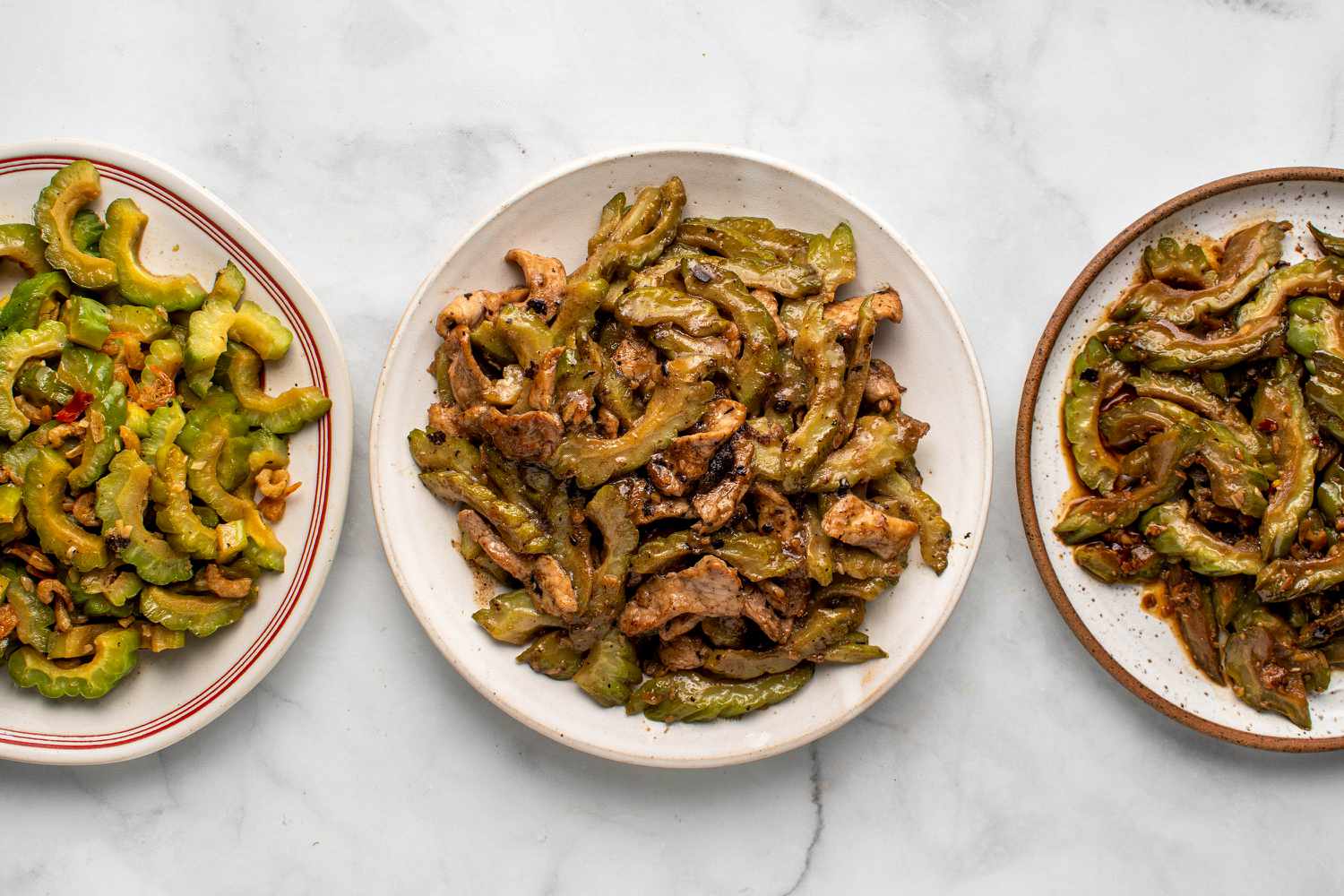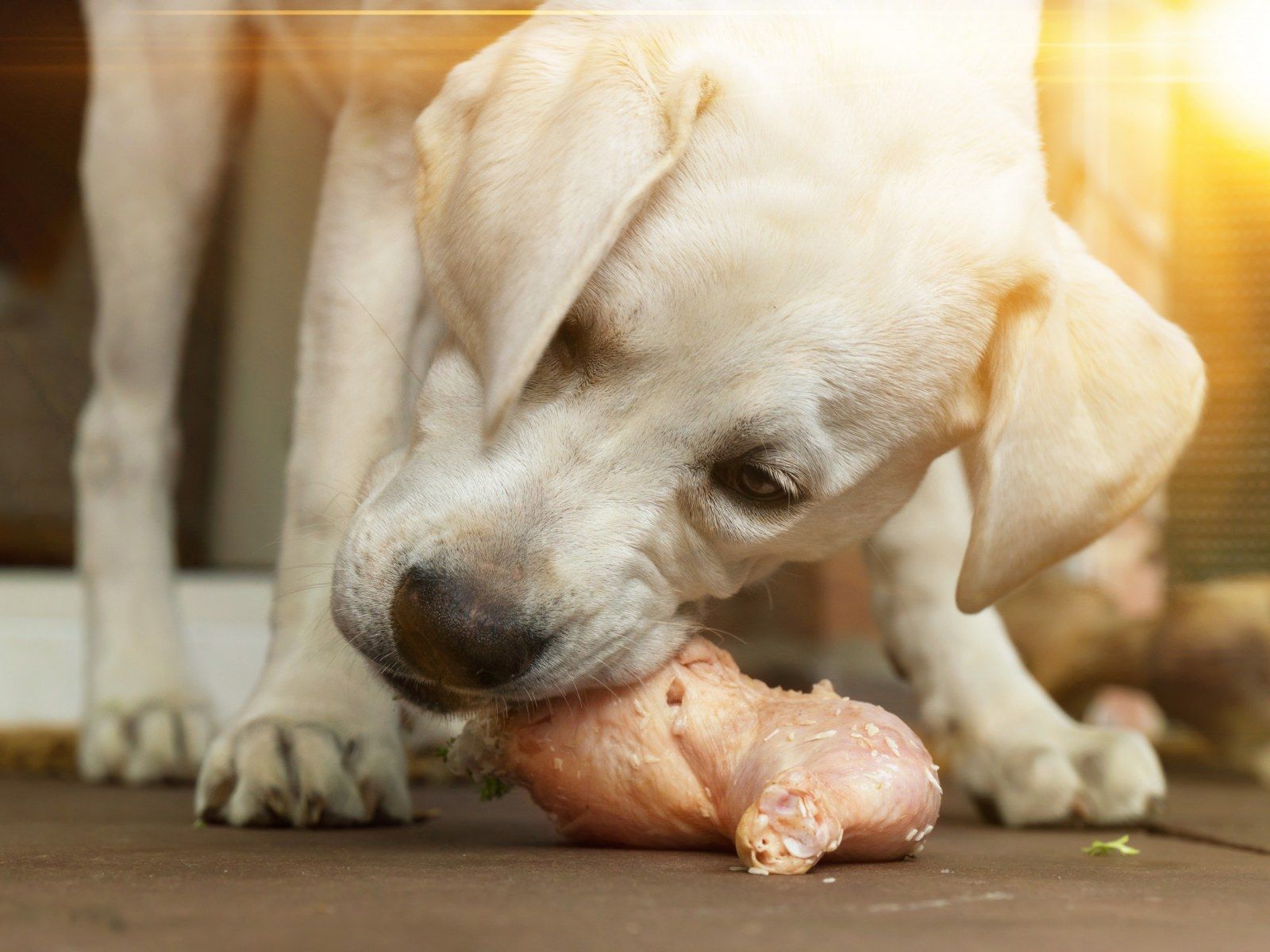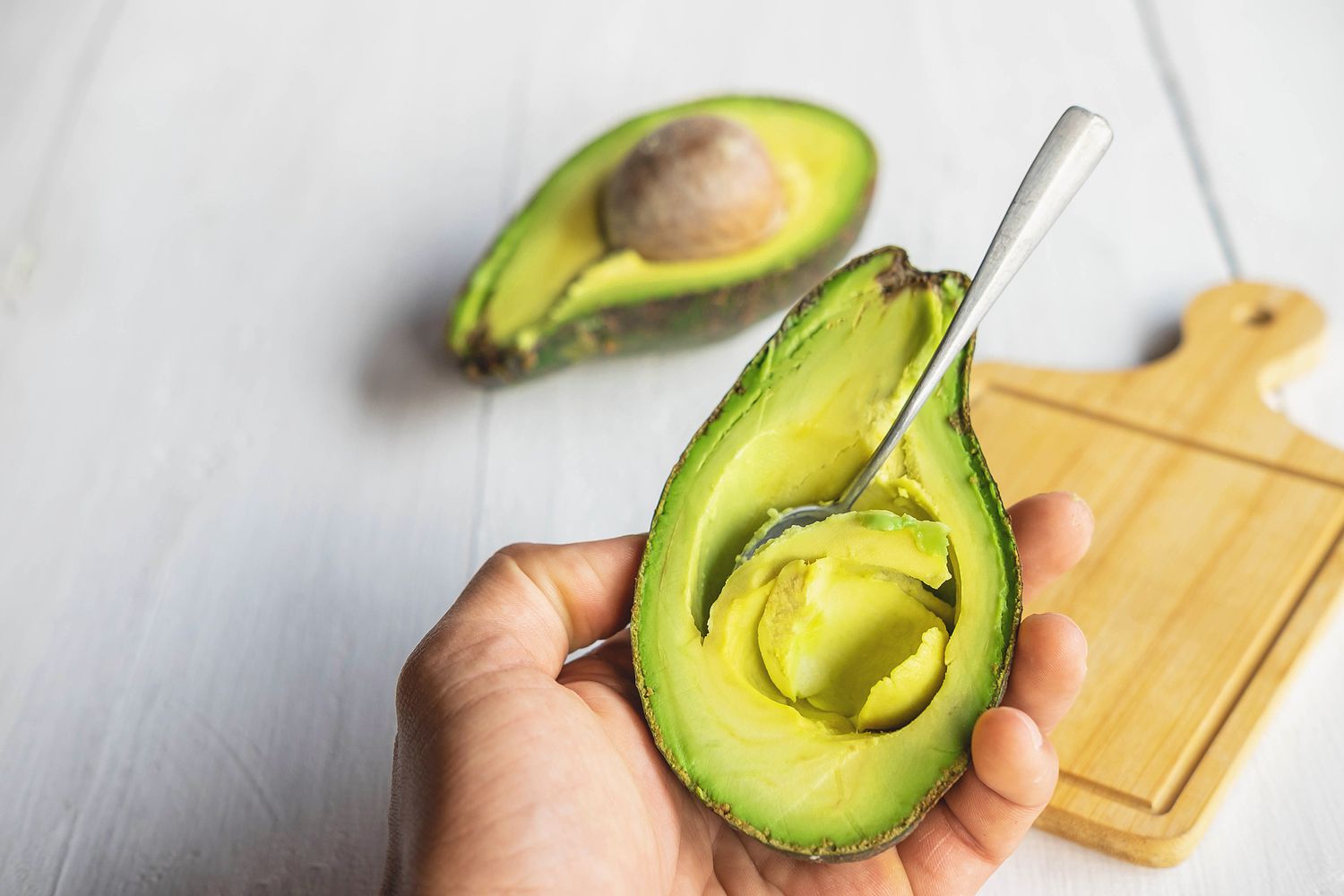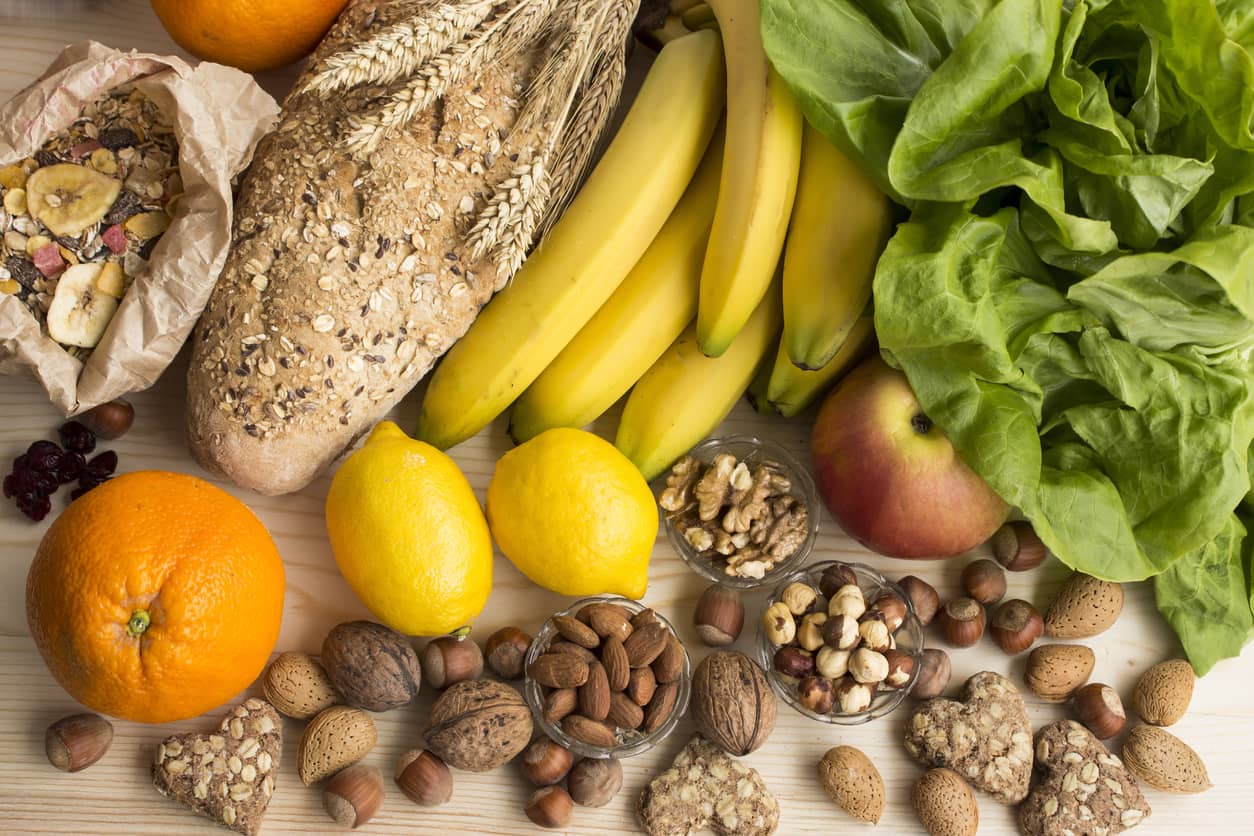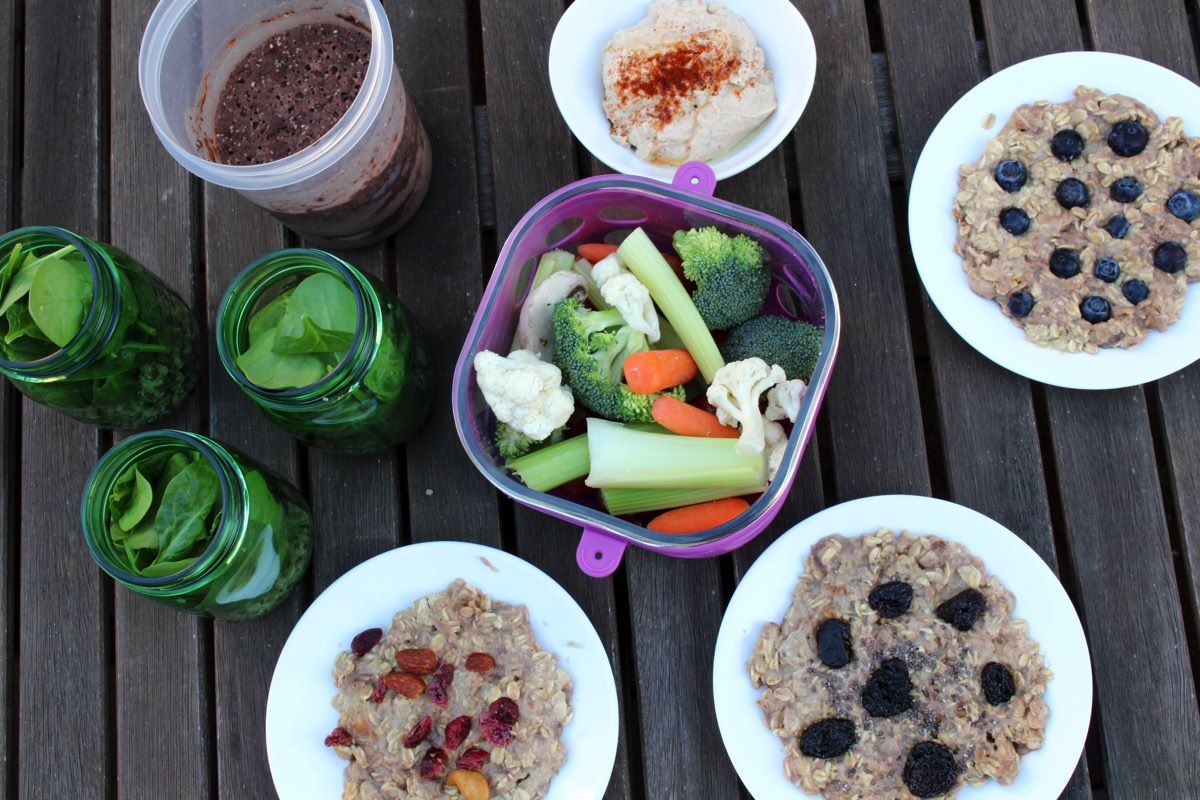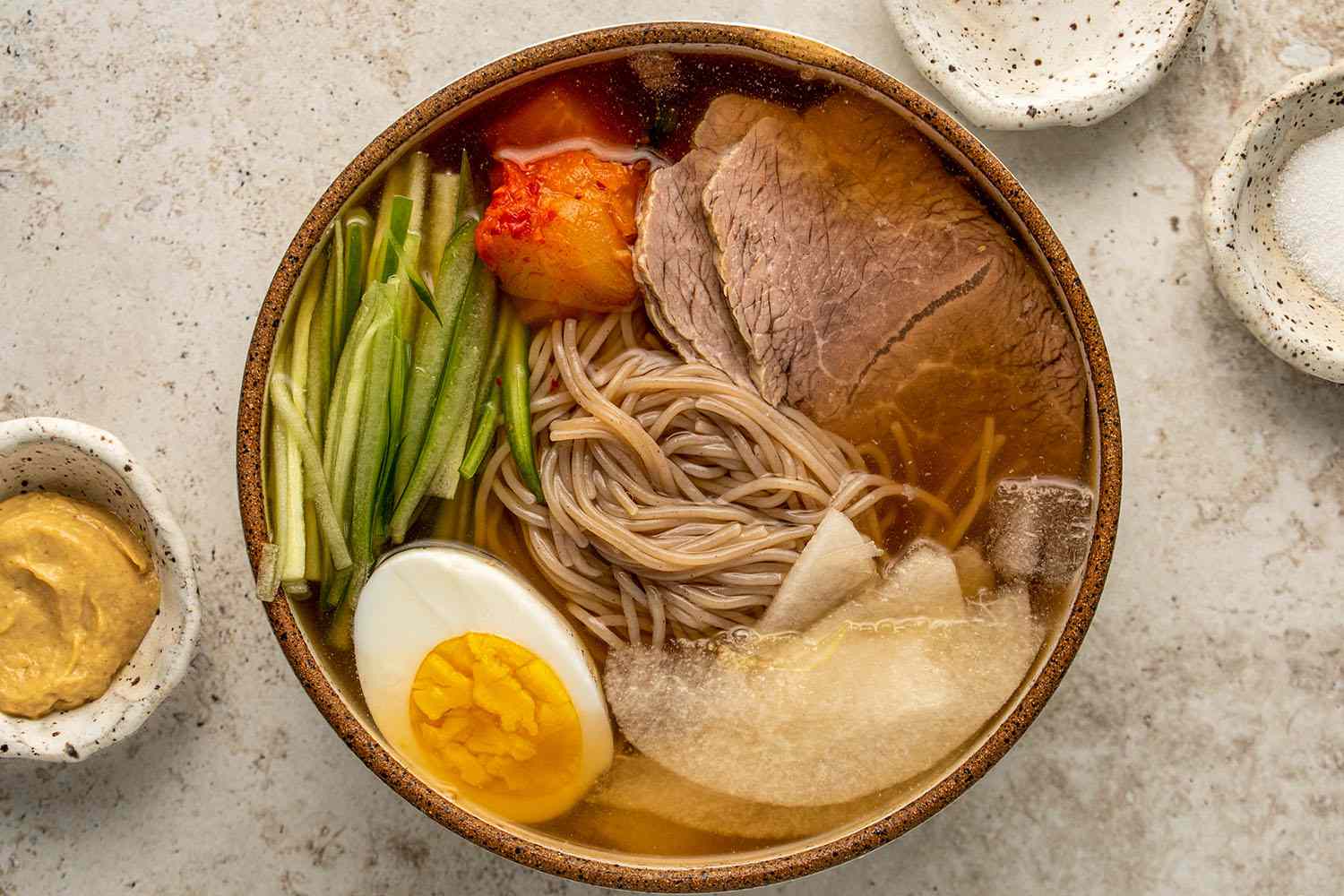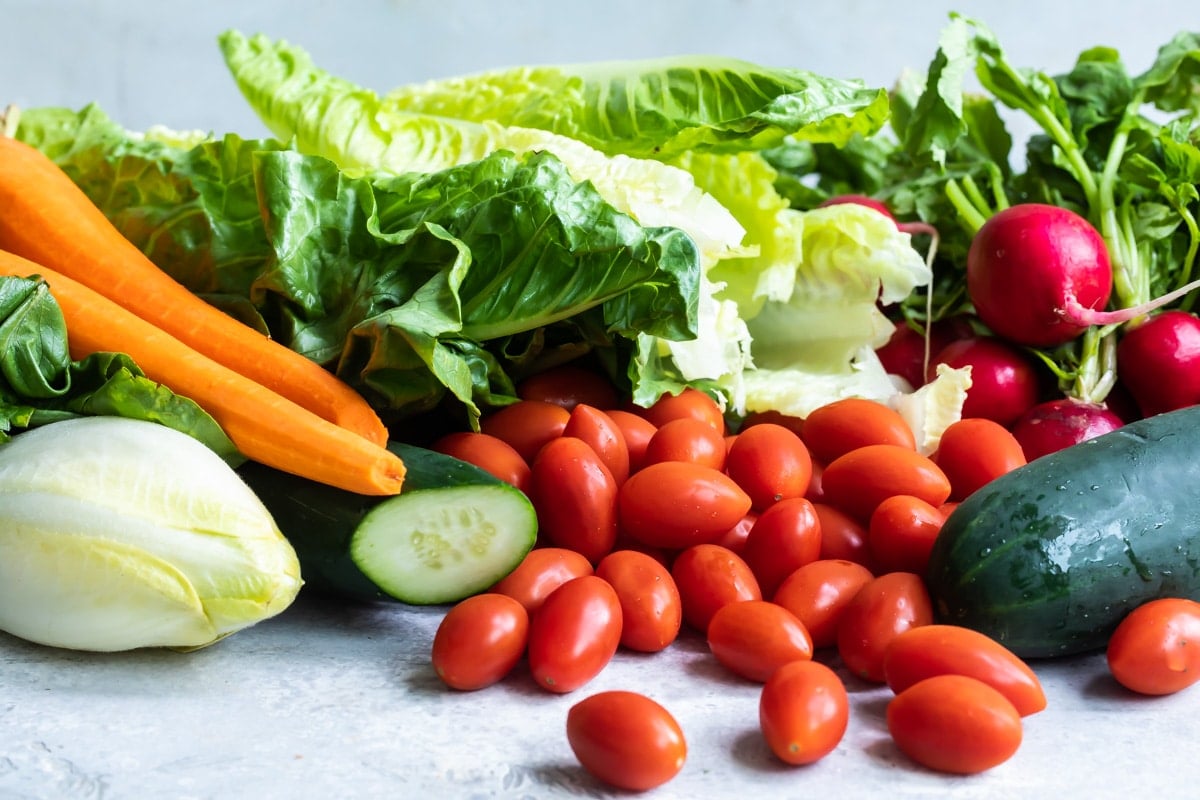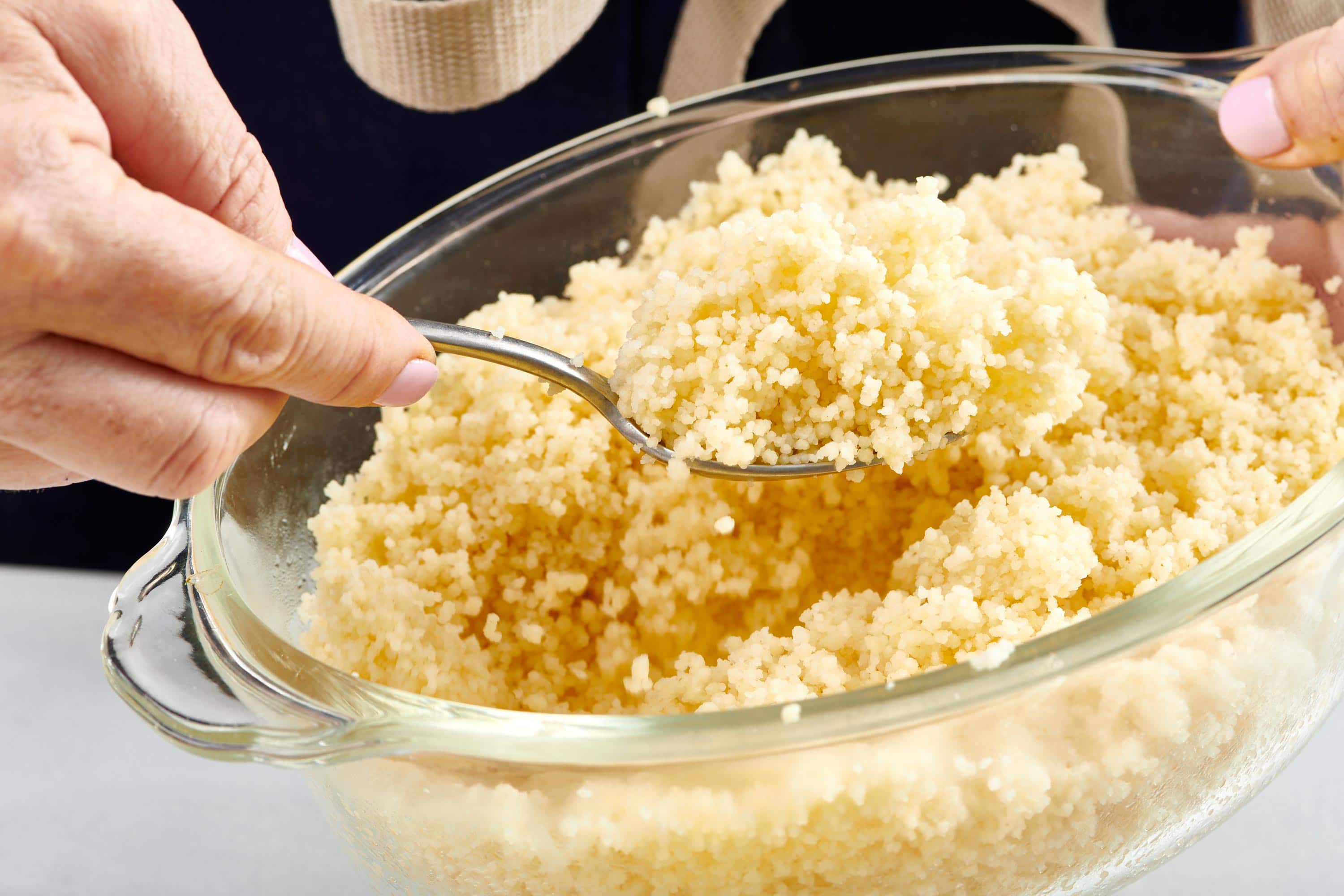Enjoying Soup Without the Worry of Digestive Issues
Are you a fan of soup but concerned about potential digestive issues? Worry no more! With the right approach, you can savor delicious soups without the fear of experiencing diarrhea. Here are some tips to help you enjoy your favorite soups while keeping your digestive system happy and healthy.
Choose the Right Ingredients
When it comes to enjoying soup without the risk of digestive discomfort, the choice of ingredients plays a crucial role. Opt for easily digestible ingredients such as:
- Lean proteins like chicken, turkey, or tofu
- Vegetables that are well-cooked and easy to digest, such as carrots, spinach, and zucchini
- Low-fat, digestion-friendly broth
- Gentle spices and herbs like ginger, turmeric, and parsley
By selecting these ingredients, you can create a nourishing and digestion-friendly soup that is less likely to cause digestive upset.
Focus on Proper Cooking Techniques
How you prepare your soup can also impact its digestibility. Consider the following cooking techniques to make your soup easier on the digestive system:
- Simmer vegetables until they are soft and easily mashable
- Trim excess fat from meats to make them easier to digest
- Avoid overcooking, as this can lead to the breakdown of nutrients and potential digestive issues
By paying attention to these cooking methods, you can create a gentle and easy-to-digest soup that is less likely to cause digestive discomfort.
Mindful Eating
How you consume your soup can also impact its effects on your digestive system. Practice mindful eating by:
- Eating slowly and savoring each spoonful
- Chewing thoroughly to aid in the digestion process
- Avoiding large, rapid consumption that can overwhelm the digestive system
By being mindful of your eating habits, you can give your digestive system the time it needs to process the soup effectively, reducing the risk of diarrhea.
Stay Hydrated
While enjoying soup, it’s important to stay hydrated. Drinking an adequate amount of water can help support healthy digestion and prevent potential digestive issues. Aim to consume at least 8 glasses of water per day to keep your digestive system functioning optimally.
Listen to Your Body
Ultimately, the key to enjoying soup without the risk of diarrhea is to listen to your body. Everyone’s digestive system is unique, so pay attention to how your body responds to different types of soups. If you notice any discomfort or digestive issues after consuming a particular soup, take note of the ingredients and cooking methods used. This can help you identify any potential triggers and make adjustments to create soups that are more digestion-friendly for you.
By following these tips and being mindful of your choices, you can savor the comforting goodness of soup without the worry of digestive issues. With the right ingredients, cooking techniques, and mindful eating habits, you can enjoy a variety of soups while keeping your digestive system happy and healthy.
So go ahead, whip up a delicious pot of soup and savor every spoonful, knowing that you’ve taken the necessary steps to enjoy it without the risk of digestive discomfort. Here’s to happy and healthy soup indulgence!
Expanding Your Soup Repertoire: Recipes and More Ways to Use This Guide
For those looking to incorporate soups into their daily meals without experiencing digestive discomfort, the recipes listed provide a variety of options. Readers are encouraged to try the Turkey and Rice Soup for a comforting and easy-to-digest meal. The Classic Chicken Noodle Soup is another excellent choice for its soothing properties and nutritional balance. For a lighter option, the Hearty Vegetable Broth Soup is recommended due to its high fiber content and gentle flavors. Each of these recipes utilizes the principles outlined in the guide, ensuring a healthy and enjoyable soup-eating experience.
